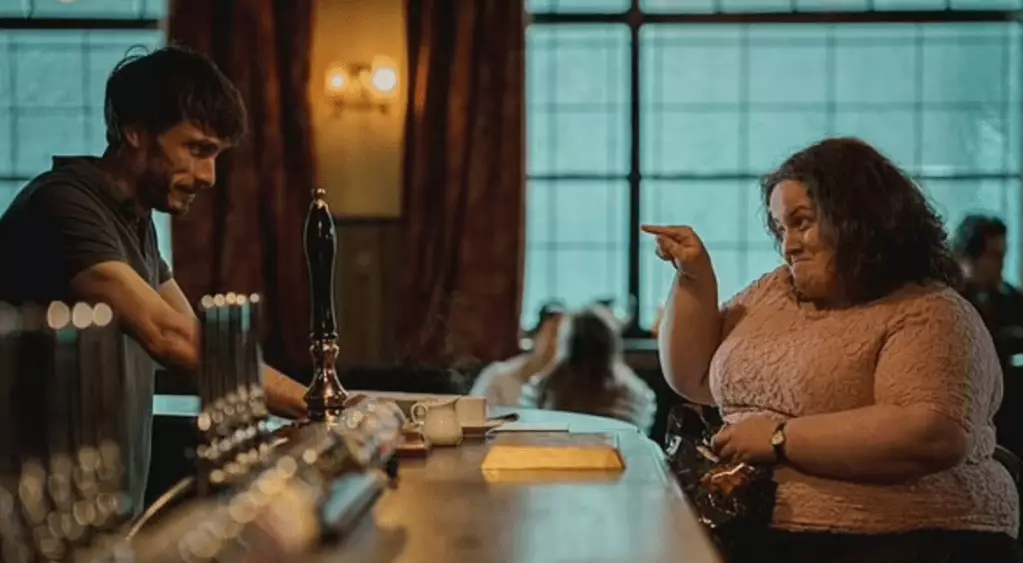The recent Emmy nominations garnered by Netflix’s hit drama Baby Reindeer have stirred up controversy, particularly for one individual portrayed in the series. Fiona Harvey, a Scottish woman with ties to the show’s writer and lead actor Richard Gadd, has filed a lawsuit against Netflix citing defamation, intentional infliction of emotional distress, negligence, and gross negligence. Her lawyer, Richard Roth, has spoken out about the impact of the show’s recognition on his client, labeling it as a “slap in the face.”
Harvey’s lawsuit against Netflix sheds light on the darker side of the entertainment industry, where real lives are affected by fictional portrayals. The claim for damages totaling $170 million outlines the physical and emotional toll that Harvey has endured as a result of her depiction in Baby Reindeer. The supporting document paints a grim picture of Harvey’s current state, describing her as “physically weak” and suffering from a myriad of psychological and physical symptoms directly attributed to the show’s portrayal of her.
The impact of the drama’s depiction of Harvey goes beyond legal battles and financial claims. Roth’s comments about his client being afraid to go out in public due to fear of harassment, receiving death threats online, and facing public ridicule paint a heartbreaking picture of a woman whose life has been upended by the show’s portrayal of her. The emotional distress and trauma inflicted upon Harvey are palpable, showcasing the insidious nature of media representation and its real-world consequences.
The Ethical Dilemma
Netflix’s response to the lawsuit, stating their intention to vigorously defend the matter and uphold Richard Gadd’s right to tell his story, raises questions about the ethical responsibilities of content creators and platforms. While artistic expression is a fundamental right, the impact of that expression on real individuals cannot be ignored. The balance between creative freedom and personal integrity is a delicate one, requiring careful consideration and empathy for those who may be harmed in the process.
The recognition of Baby Reindeer with 11 Emmy nominations, including nods for best limited series and lead actor, raises further concerns about the glorification of content that may have real-world repercussions. The celebration of Gadd’s work in the face of legal and moral challenges underscores the complexities of the entertainment industry and its relationship to truth, fiction, and accountability. The industry’s prioritization of accolades and acclaim over ethical considerations is a troubling trend that warrants closer examination.
The saga surrounding the Baby Reindeer Emmy nominations serves as a cautionary tale about the power and pitfalls of storytelling in the modern age. The intersection of art, legality, and morality in the case of Fiona Harvey highlights the need for greater awareness and sensitivity in the creation and consumption of media. As the entertainment industry continues to evolve, it is imperative that the human cost of representation be at the forefront of discussions about creativity, authenticity, and responsibility.

